When Nigeria’s Central Bank Governor, Godwin Emefiele, took the nation by storm on October 26, 2022, announcing with relish the redesigning of Naira notes tongues have been wagging over the policy amid the tottering exchange rate of the Naira against major currencies in the world both at the official and parallel market.
On October 26, the apex bank chief executive had announced the redesigning of 200, 500, and 1,000 Naira notes with effect from Thursday, December 15, 2022, citing that more than N2.73 trillion out of the N3.23 trillion currency in circulation is outside the banking system.
But on November 23, 2022, President Muhammadu Buhari unveiled the new Naira notes ahead of the scheduled December 15.
Others are shortage of clean and fit banknotes with attendant negative perception of the CBN and increased risk to financial stability, counterfeiting of the currencies as evidenced by several security reports and as the regulator the CBN wanted to take control of money supply by mopping up cash from the economy, both within the vaults of banks and in the vaults at homes of the rich including the politicians.
Controversy had dogged the plan with the supervising minister, the Minister of Finace, Budget, and National Planning, Mrs Zainab Ahmed, throwing spanner in the works by disowning it and distancing herself from the naira redesign.
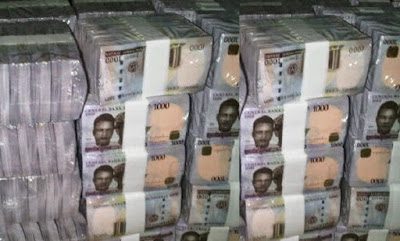
While answering senators’ questions about the plan, she said:“We were not consulted at the Ministry of Finance by CBN on the planned naira redesigning and cannot comment on it as regards merits or otherwise.
“However, as a Nigerian privileged to be at the top of Nigeria’s fiscal management, the policy as rolled out at this time portends serious consequences on the value of the naira against other foreign currencies.
“I will, however, appeal to this committee to invite the CBN governor for required explanations as regards merits of the planned policy and rightness or otherwise of its implementation now.’’
But Emefiele countered her, saying he was empowered by the provisions of Section 2(b), Section 18(a), and Section 19(a)(b) of the CBN Act 2007 and presidential approval as confirmed by President Muhammadu Buhari days later on arrival from a foreign trip.
He told State House correspondents: “In line with the global practices, the Naira is supposed to be redesigned and re-issued between five and eight years. The Naira has not been redesigned for about 19 years now because of lack of political will from the previous leaders.
“In the past, I have to confess that attempts by the CBN to redesign and reissue the Naira notes have been resisted. It is only President Muhammadu Buhari that has the courage to do so.’
Reminding Nigerians that the country has gone cashless, Emefiele said security agencies would begin to monitor people making withdrawals at the counter in the banks to know how much was withdrawn and also monitor the usage of the money, dismissing insinuations that the policy was targeted at some people.
However, the question on the lips of Nigerians is, “Why should Nigeria spend so much in redesigning and printing of the currency when it is not financially buoyant enough to do so and borrowing locally and abroad to finance its budget with a debt overhang of about N60 trillion?’’
Although the CBN has not made public the cost of printing the new notes, but Persecondnews.com recalls that in 2020, the bank spent N58.618 billion to print N1.06 trillion to replace the old and worn-out notes in circulation and it could be more if the apex bank printed more than N1.06 trillion.
The enormous cost of redesigning and printing being undertaken by the CBN this time around will be higher which stakeholders and analysts said the money could have been channeled to other sectors of the economy such as education, SMEs, job creation and agriculture.
So far, there are no visible signs of the Naira regaining its value in the exchange market; rather it has continued to depreciate against the U.S. dollar and British pounds sterling.
For instance at the border with Benin Republic both at Idiroko in Ogun State and Seme in Badagry in Lagos state, N1000 was exchanged for 2,000 CFA or 1500 CFA just before the redesigning of the Naira but now N1, 000 is exchanged for 800 CFA with the France currency gaining more value than the Nigerian currency.
A 71-year-old Nigerian at Ilara, a community sharing border with Benin Republic in Imeko area of Ogun State, Mr Victor Olorunfemi told Persecondnews that the Naira has flooded the markets in that country with Beninois rejecting the Naira and insisting that it should be changed to CFA unlike what obtains before.
“Our businessmen and women carry Naira in sacks to exchange in Cotonou for goods such as cars and food items, thereby spending more Naira to purchase goods.
“The Benin people also come into the country to buy building materials, soft drinks and other products produced in Nigeria to transport to Cotonou. So they are bringing in the Naira in exchange for goods; the redesigning of the Naira does not affect them.
“What the government should do is to set up a tribunal or mobile court on currency trafficking at the border to prevent the smuggling of the nation’s currency across the borders so that it can regain its value and become stronger than the CFA Francs,’’ he said.
A businesswoman, who trades daily in both CFA and the Naira, advised the federal government to liberalize trade at the borders by allowing importation of rice and vehicles as it was done in the 1990s.
“We are just deceiving ourselves that we are producing enough rice for the Nigerian population. What we produce is not enough to feed 10 states and what is the quality of the rice?
“Government is losing a lot to smuggling of rice and other items; they should allow the border posts of Customs to collect duty and tariffs on the items. The borders are too porous and there is no way government can police the borders effectively both day and night and make it smuggling-free.
“All the countries particularly the French-speaking countries flood Benin Republic with all kinds of goods and the country has reduced duties on them to continue to attract them.
“So, the federal government should allow Customs to collect revenues from importers and exporters instead of losing it to the informal or black marketeering which is going on a large scale,’’ a woman, who gave her name simply as Sabitu said.
At the Seme border, Mr Simon Godonu told Persecondnews that when the border was closed by the federal government between 2019 and 2021, it was N400 to 1, 000cfa and when it was reopened early 2021, it jumped to N800 to 1,000cfa.
“In August this year before the Naira redesign, it was N1, 200 to 1, 000cfa but as at December 4, 2022, it is N1, 140 to 1,000 cfa. The Naira has suffered depreciation against the CFA,’’ he said.
Even at the unofficial market in Nigeria, the value of naira dipped last week with the currency exchanged at N780 per dollar following moderation in demand for the dollar. The Naira had depreciated against the dollar at the parallel and official market following the shortage of the greenback, occasioned by declining inflows, high import demand, oil theft and subsidy, among others.
After the CBN announced plans to redesign and replace the nation’s banknotes, the local currency weakened to as low as N890 per dollar at the unofficial and N446/1$ at the official market, known as the Investors and Exporters (I&E) forex window.
In all, the redesign has not impacted positively on the value of the nation’s currency.
But for the crackdown on currency speculators and bureau de change operators by the Chairman of EFCC, Mr Abdulrasheed Bawa, the Naira’s value shored up a little.
He said: “We assure Nigerians that we are always ready to receive reports of any person with suspicious hidden money, and if investigated and found to be true, we will give five per cent of the money to them.’’
Financial analysts are already upbeat on the CBN’s monetary policies, its practicality and efficacy.
The Managing Director, Chief Economist, Africa and Middle East Global Research of the Standard Chartered Bank, Razia Khan, suggested foreign exchange reforms in Nigeria instead of the redesign.
“In our view, with significant pressures ahead – tighter global conditions, the risk of slowing global growth, weaker oil prices and pressure on FX reserves, FX reforms are more important than ever.
“While the CBN has taken comfort from the October slowing in m/m inflation, we are not sure how much can be read into this – especially given the likelihood of fuel subsidy reforms post-election and ongoing agri-pressure given recent climate-related risks.
“Lower inflation settings and the restoration of a better-functioning FX market would serve Nigeria well, given these challenges,’’ she said.
According to her, the reform, should include a better-functioning I&E window, so the parallel rate becomes marginal in the determination of pricing.
A financial journalist of about 27 years standing (names withheld) said the Buhari administration had succeeded in wasting billions of taxpayers’ money to unnecessarily enrich some people by reprinting the bank notes.
“The reason given by the government to seek to punish politicians and other greedy Nigerians who stash billions of Naira at homes is not tenable.
“Those they are targeting may escape by buying their way through by negotiating a percentage of the money as bribe to take the stolen money to the banks before the expiration of January 31, 2023. Government knows them and I believe they are untouchable.
“Only the poor can be affected or caught by the currency redesign policy. So spending over N50 billions to print the new notes is a waste in the face of dwindling revenue and mounting national debt profile,’’ he said.
For an economist and Edo Governor Godwin Obaseki, the decision to redesign the N200, N500 and N1, 000 notes is nothing but a political agenda.
He reasoned:“When you decide to change a currency in such a reckless manner, 30 days before an election, all you can deduce is that it is purely political. There is nothing urgent in changing our currency today.
“How can we sit down? They say we should not bring our Naira and give it to them again that they want to change it. Is that our priority?
“How does change of currency reduce the price of food in the market? They say they want to change Nigerian currency, how much is the dollar today? They should have left our currency for us.
“Now they say that they want to change it. We can’t buy dollars. I am an economist. I can tell you that this policy by the Federal Government and the Central Bank of Nigeria has no basis. There is no basis for it. This is purely political.’’
Insisting that the urgency in redesigning the Naira should be redirected to feeding the nation and managing its foreign exchange rates, Obaseki declared: “The urgency for us is how to get food for our citizens so that we can remove the starvation of the land.
“The urgency is how to maintain discipline in our monetary policy so that we can manage our foreign exchange rate because we are so import dependent.”
Aligning with other views, a coalition of over 73 civil society organizations in Northern Nigeria under the auspices of Concerned Northern Forum (CNF), said the considering economic implication of the new notes it will plunge Nigeria and Nigerians into more economic depth and crises that would require many years to recover from.
Abdulsalam Moh’d Kazeem, speaking for the forum, declared: “The redesigning of the three (3) denominations of the naira notes by the Central Bank of Nigeria owing to the reason that the banks are not in possession of as much as 80% of the amount in circulation is not only a joke but a total rejection of the realities of the many failed policies of the CBN.
“It is in fact impossible to find all monies in a country in the bank at a particular time because of the distance of banks and the peculiarities of every business and people.
“There is also no law against saving and keeping one’s money and transacting business outside the purview of the banks. Banks have always been perceived by our people as the creation of the elite used to run businesses and make profits from the savings of the ordinary masses.”
Expectedly, drumming support for the CBN, a one-time Deputy Governor of the bank, Dr Kingsley Moghalu, has this to say: “If 80 per cent of bank notes in circulation are outside the banks, that is troubling.
“The move by the CBN is also a way to withdraw currency from circulation, an unorthodox way of tightening the money supply since the country is battling high inflation.’’
Offering a solution away from the Naira redesign, Mr Idakolo Gbolade, said the CBN’s decision to raise the interest rate could help to mop up excess liquidity in the economy.
The decision is also aiming at boosting investors’ confidence and profitability projections as regards foreign inflows that can impact positively our foreign reserves, Gbolade, the Managing Director/CEO of SD&D Capital Management Ltd, Lagos.
Expressing fears that the MPC decision could further cause the value of the Naira to continually decline due to the persistent scarcity of dollars, Gbolade said: “If the foreign investors positively appraise the new MPC decision, it could signal a turnaround for the Naira as the much-needed investment in a foreign currency will start coming into the system.”
It, however, it remains to be seen if the policy to redesign the Naira will tame inflation, address national insecurity, other fiscal pressures and revive the economy and if the policy is not targeted at some people or politicians or candidates in the upcoming elections.
A peek into the history of Nigeria’s currency to date.
Following the decision by the national government to change from the metric to decimal, the name of the Nigerian currency was changed in January, 1973.
In July 1959, the Central Bank of Nigeria (CBN) issued Nigerian currency banknotes, while the West African Central Bank-issued banknotes and coins were withdrawn.
It was not until July 1, 1962 that the currency was changed to reflect the country’s new status as republic with the banknotes bearing the inscription, “FEDERATION OF NIGERIA’’ now bearing “FEDERAL REPUBLIC OF NIGERIA’’.
In 1968, the General Yakubu Gowon military government during Nigerian civil war again changed the currency citing misuse of the banknotes apparently to defeat the Biafra Republic soldiers.
Persecondnews also recalls that way back February 11,1977, a new banknote with the value of twenty naira (₦20) was issued. It was the highest denomination introduced at the time as a result of the growth of the economy, the preference for cash transactions and the need for convenience.
The banknote was the first in Nigeria to bear the portrait of a prominent Nigerian citizen, the late Head of State, General Murtala Ramat Muhammed (1938-1976) who was the torchbearer of the Nigerian Revolution in July 1975. The note was issued on the 1st anniversary of his assassination as a fitting tribute to a most illustrious son of Nigeria. He was declared a national hero on 1st October 1978.
On July 2, 1979, new currency banknotes of three denominations, namely ₦1, ₦5 and ₦10 were introduced. These notes were of the same size i.e. 151 X 78 mm as the ₦20 note issued on February 11, 1977. In order to facilitate identification, distinctive colours were used for the various denominations. The notes bore the portraits of three eminent Nigerians, who were declared national heroes on 1st October, 1978. The engravings at the back of the notes reflected various cultural aspects of the country.
In April 1984, the colours of all the banknotes in circulation were changed with the exception of the 50 Kobo banknote to arrest the currency trafficking prevalent at the time. In 1991, the 50K and ₦1 were both coined.
In response to the expansion in economic activities and to facilitate an efficient payments system, the ₦100, ₦200, ₦500 and ₦1000 banknotes were introduced in December 1999, November 2000, April 2001 and October 2005 respectively.
On 28th February, 2007, as part of the economic reforms, ₦20 was issued for the first time in polymer substrate, while the ₦50, ₦10 and ₦5 banknotes; as well as ₦1 and 50K coins were reissued in new designs, and the ₦2 coin was introduced.
On September 30, 2009 the redesigned ₦50, ₦10 and ₦5 banknotes were converted to polymer substrate following the successful performance of the ₦20 (polymer) banknote. Thus, all lower denomination banknotes were now printed in the polymer substrate.
Also, in commemoration of Nigeria’s 50th independence anniversary and its centennial (100 years of its existence as a nation), the CBN issued the ₦50 commemorative polymer denomination on September 29, 2010 and the N100 commemorative banknote on December 19, 2014.






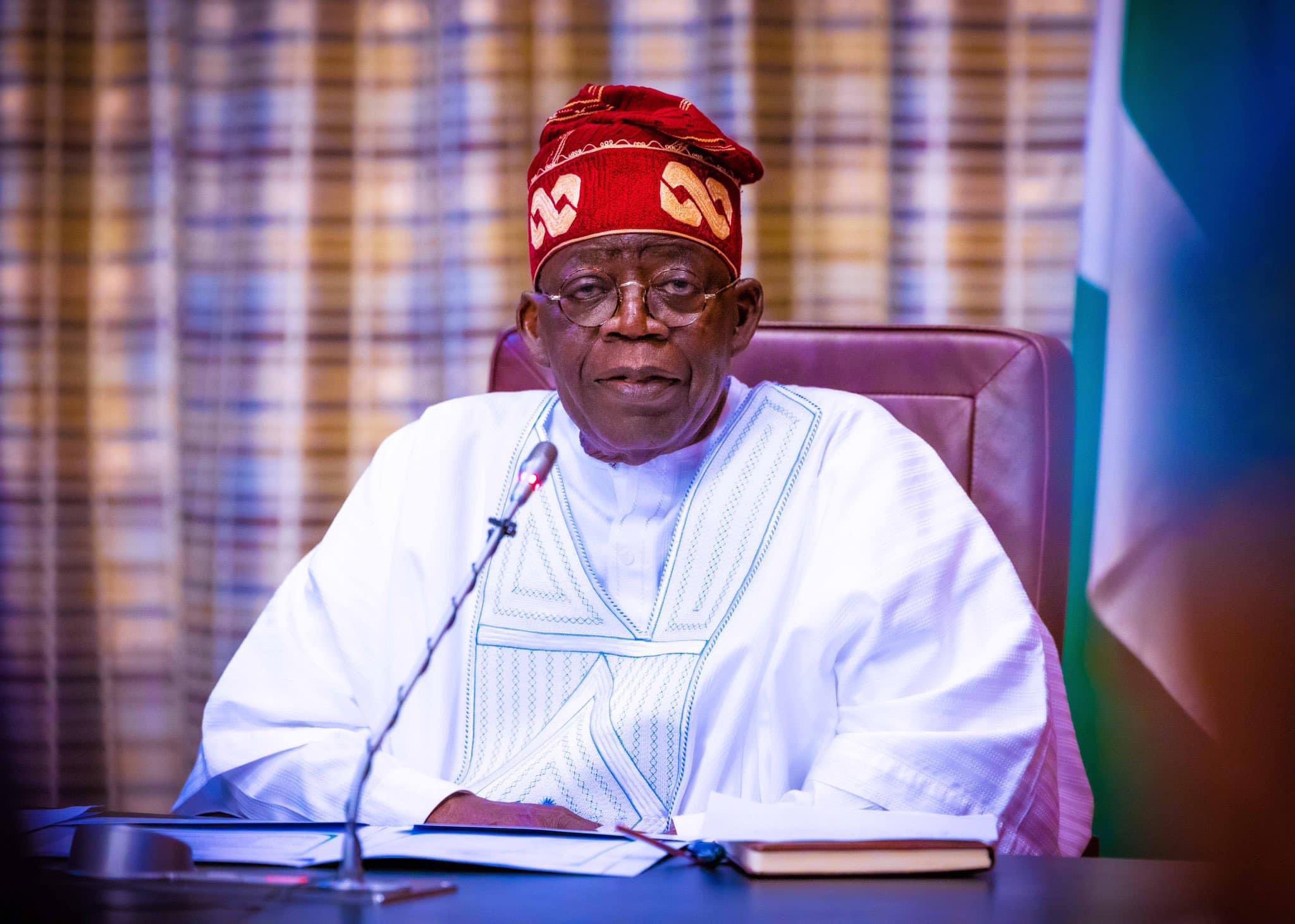

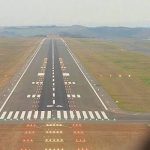
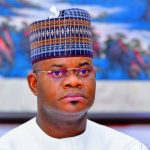
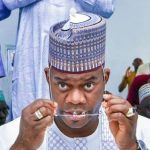
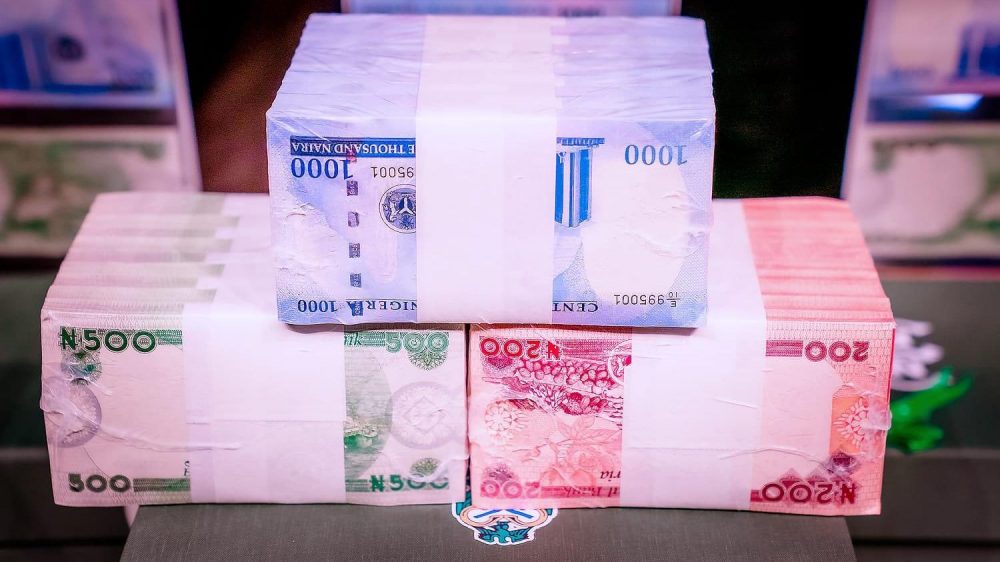







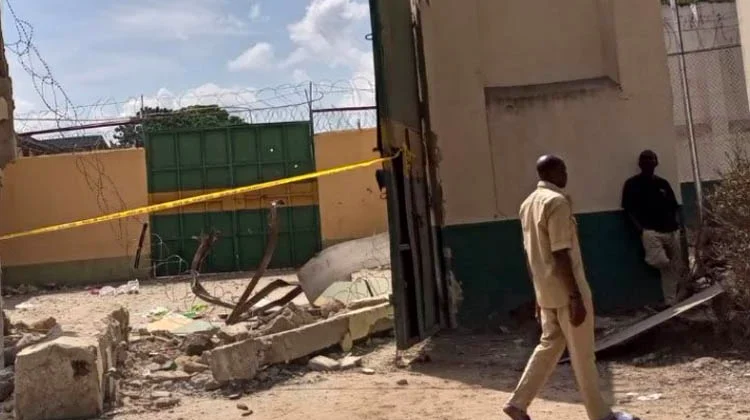
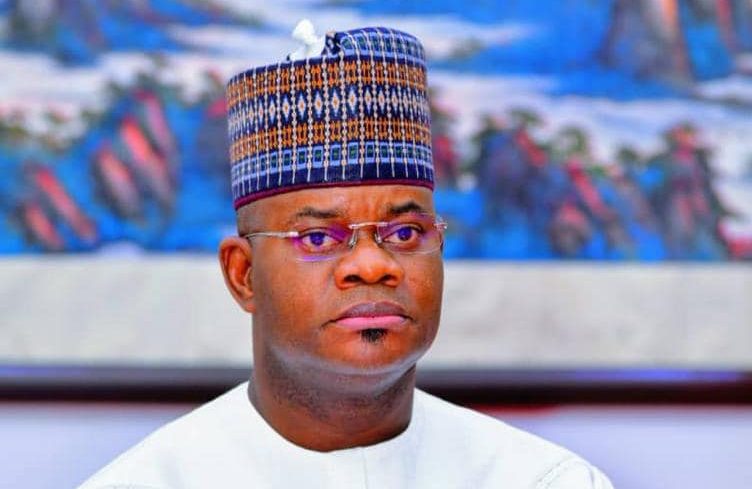
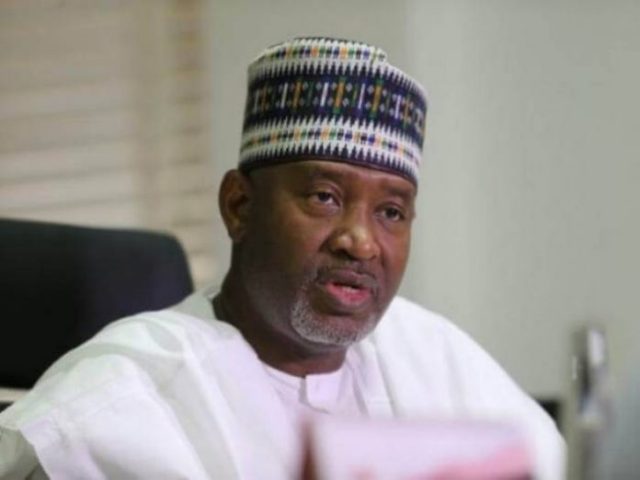
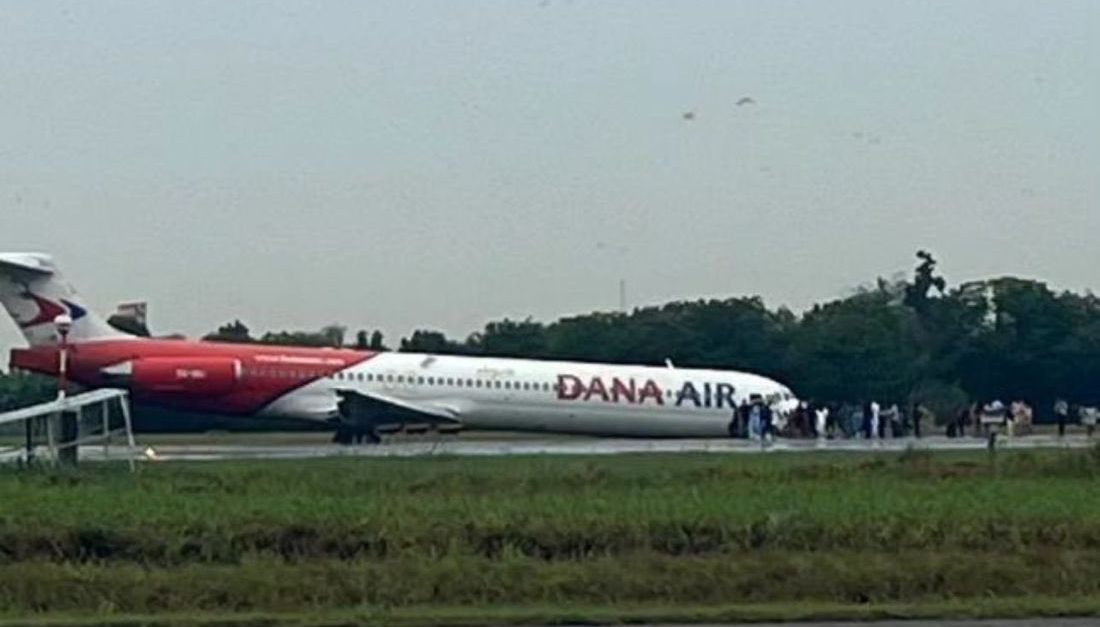


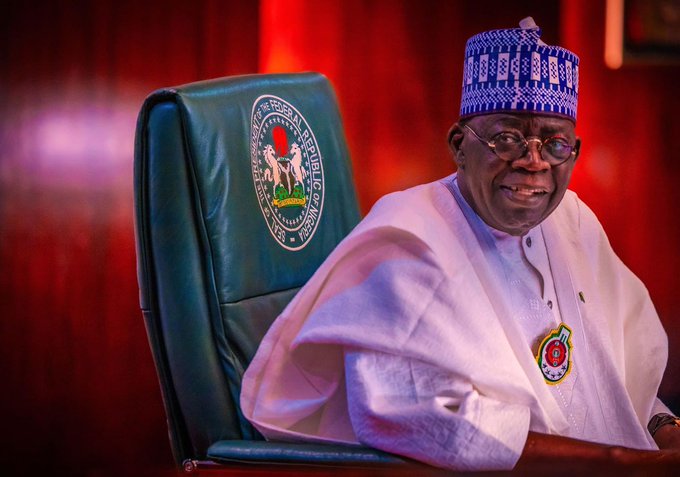

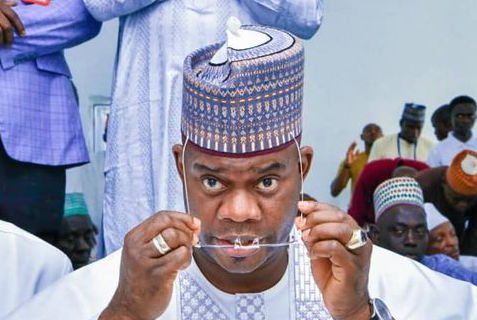
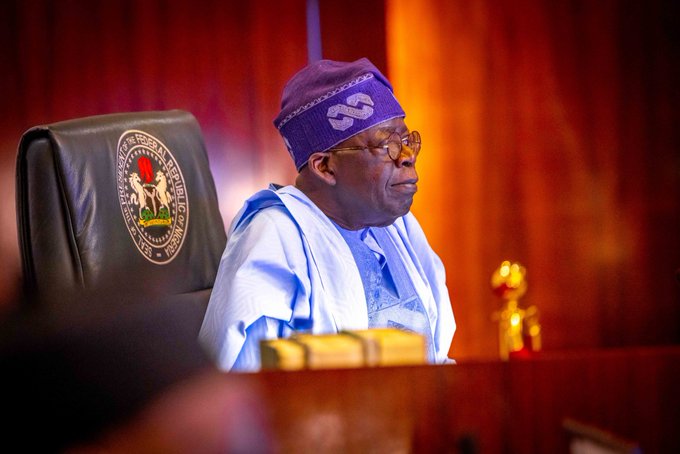
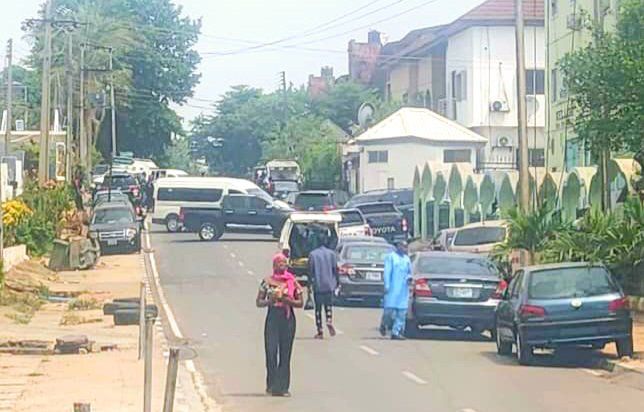

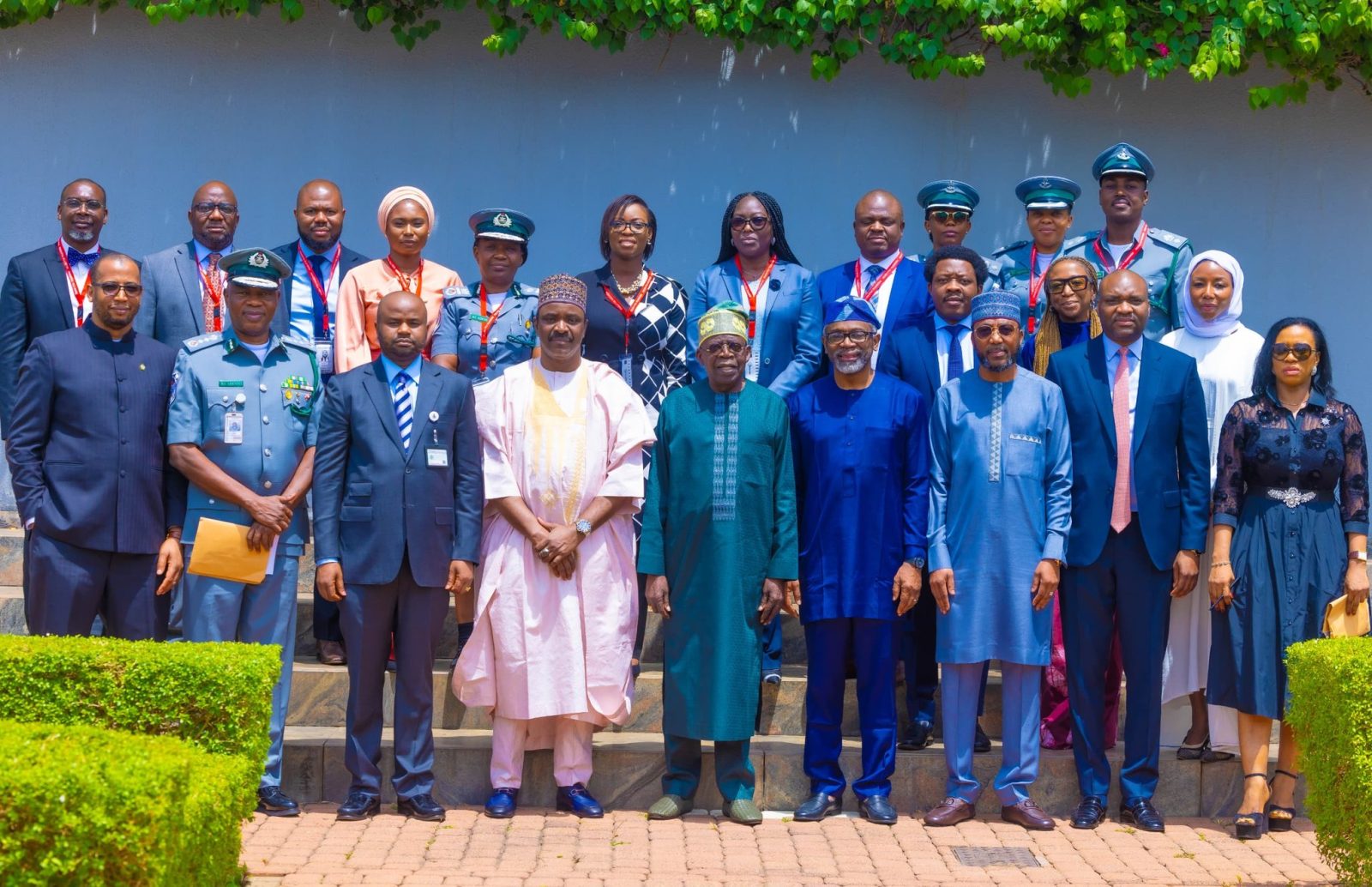
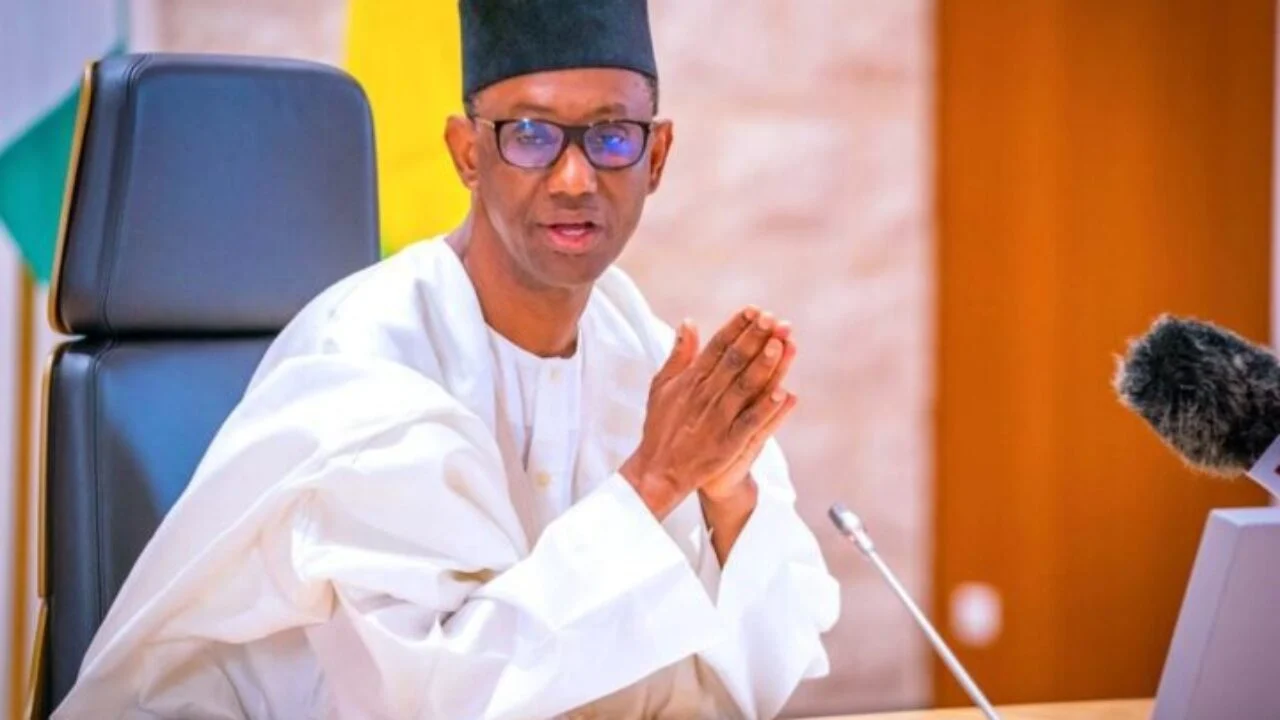
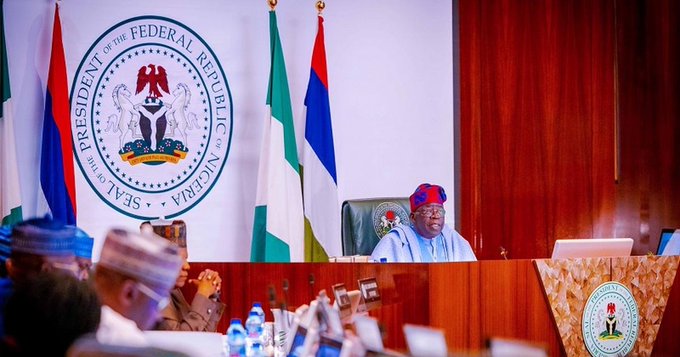

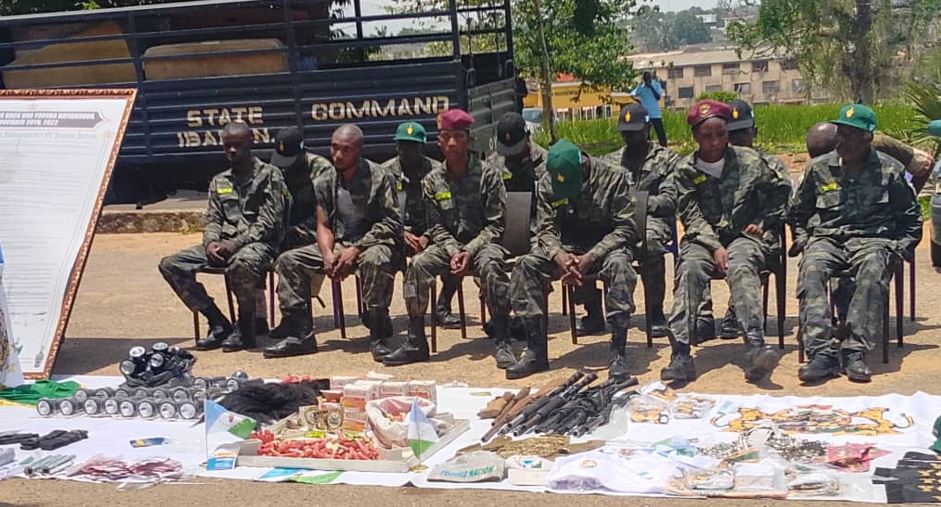
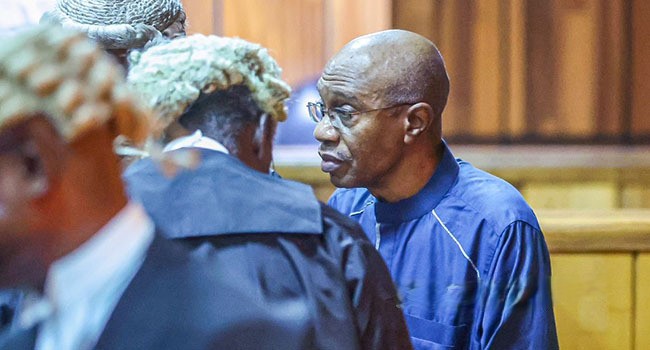
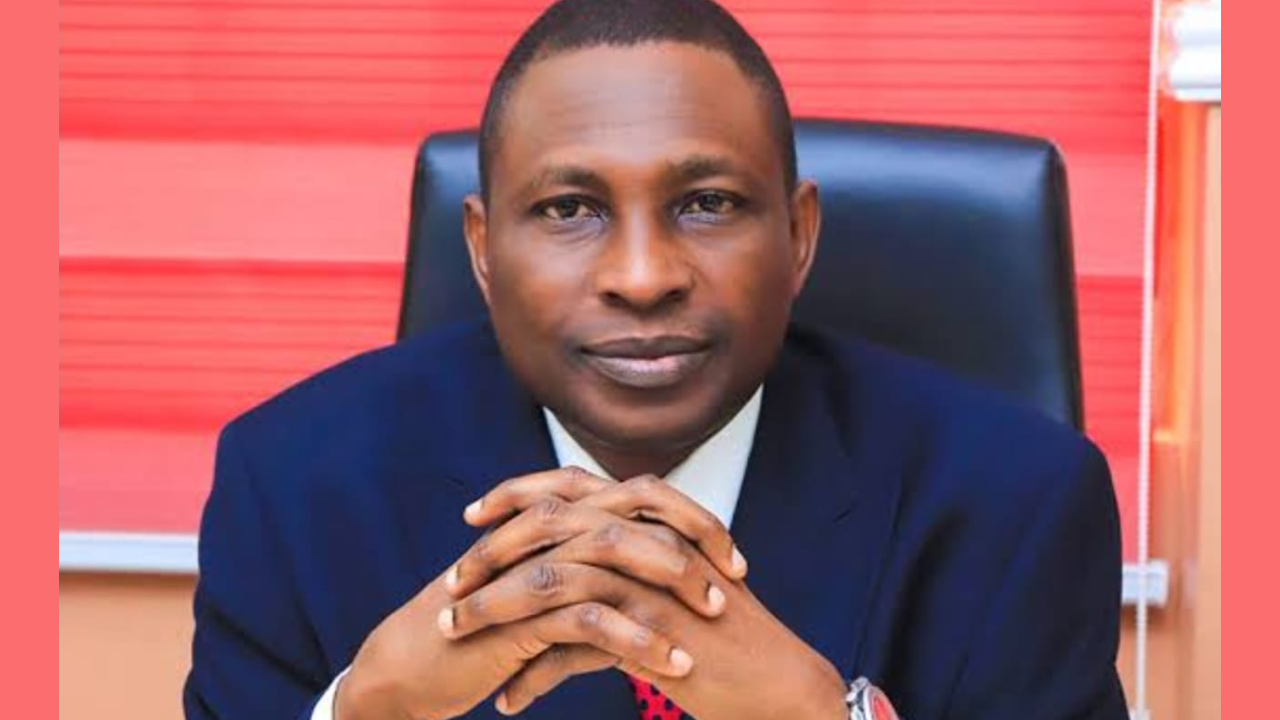
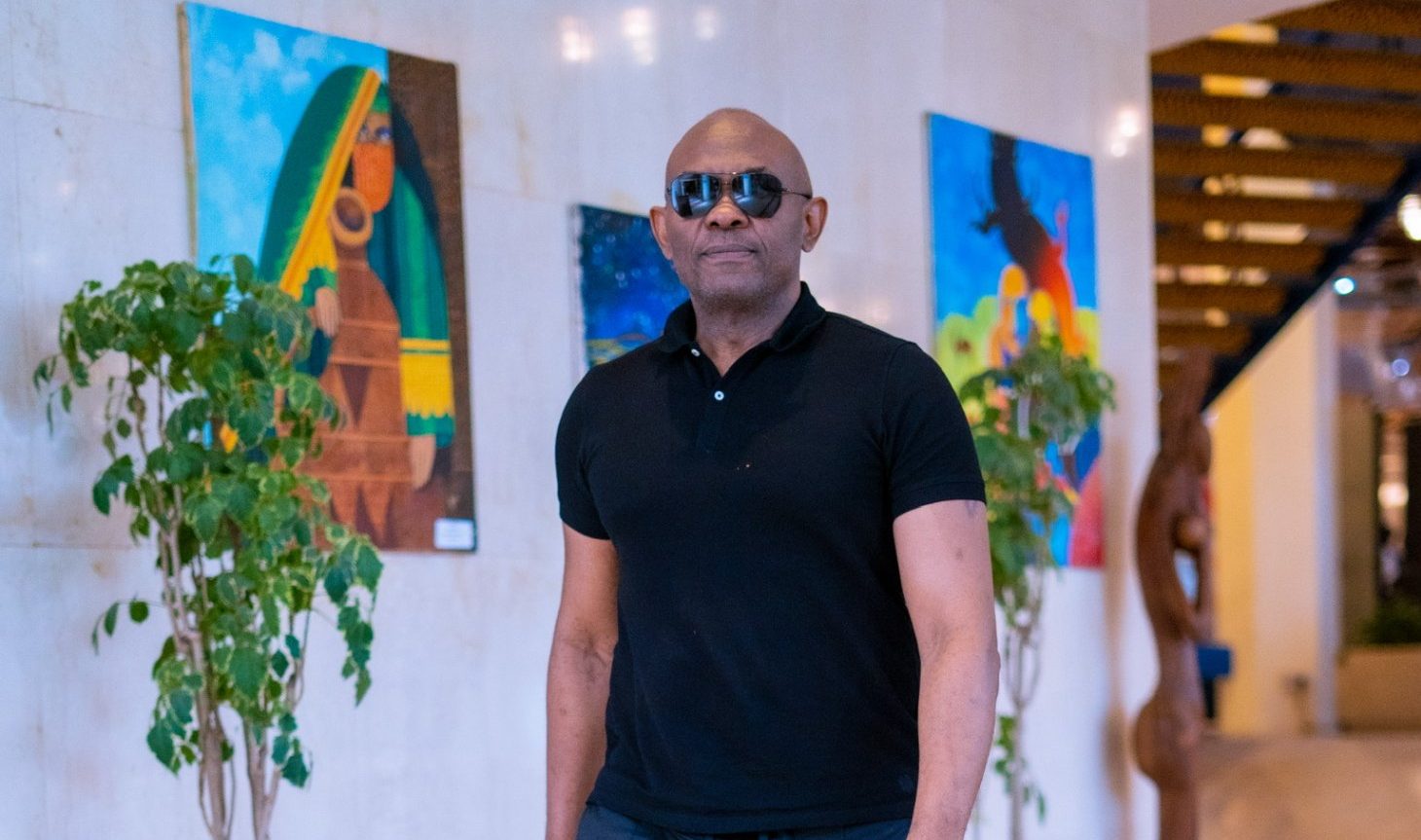
Leave a comment